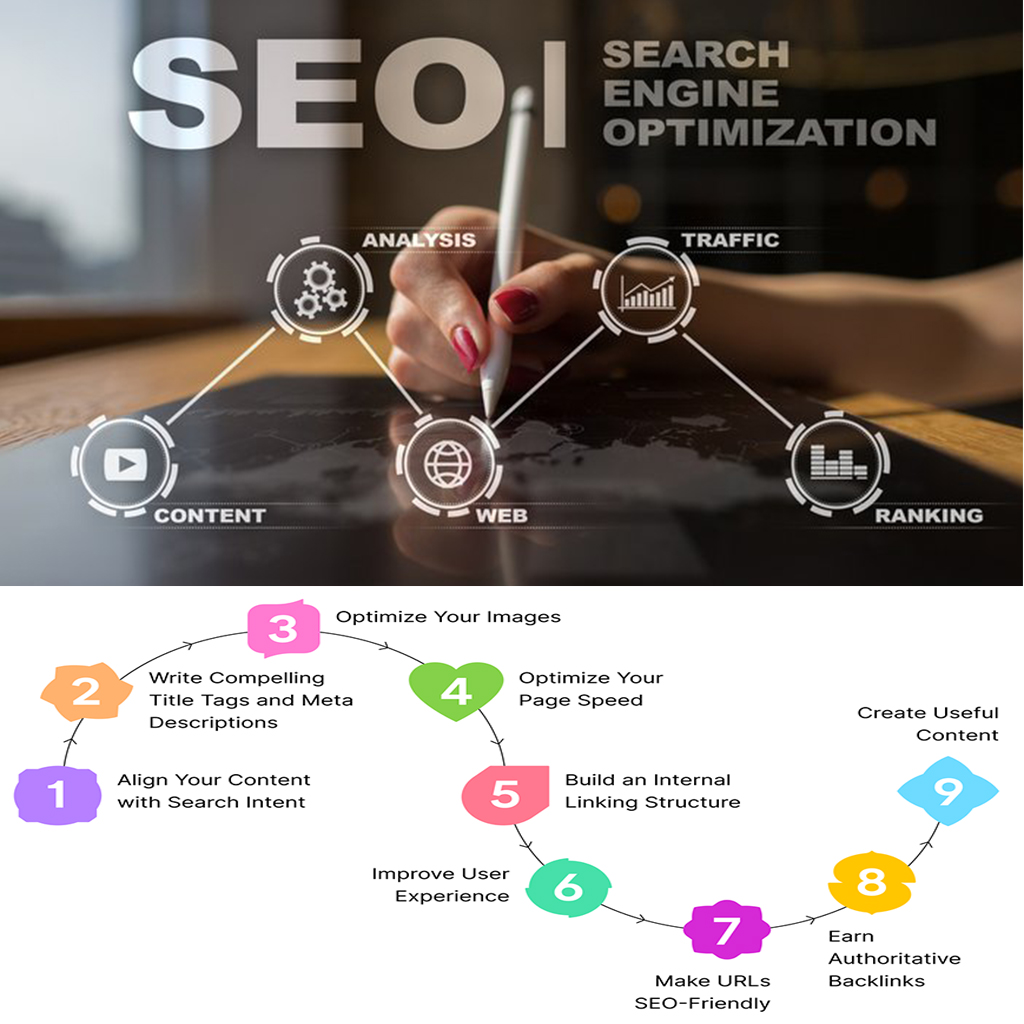3] A SIMPLE HYPHEN MAKES SENSE
Total average SEO impact: ★★★
Use hyphens in URLs and domains
This is all about the proper use of URL’s. This one was a bit hard to measure as I had to compare the impact between different kinds of websites but I dare claiming it valid. Besides, Google backs me up on this one as they also stress the importance of using hyphens when a keyword consists of 2 or more separate words.
What are we talking about? It is all about making a decision on how to use words in domains in URL’s. Many keywords, brands or company names consist of more than 1 word. The central question is here how you can help search engines understanding the words you use in domains and URL’s. Let’s say you have an ecommerce site that sells mountain bikes. Your company name is Johnson Mountain Bikes and you also sell the more expensive carbon frame mountain bikes. What domain and URL will be better and faster understood by search engines, 1 or 2?
- www.johnsonmountainbikes/mountainbikes/carbonmountainbikes
- www.johnson-mountain-bikes/mountain-bikes/carbon-mountain-bikes
Well, search engines are almost human. The second one wins, hands down, we can read it better and so do search engines.
If you are searching the internet you will notice that most companies do not use hyphens within their domain name. With company names, this is not a big problem but if you would want to register or buy a keyword domain name then picking the one with hyphens is your best option. So the first one is better than the second one:
All the same, keyword domains are a relic from the past. It is not your domain name that matters, it is your URL structure.
Another thing to keep in mind: Use only hyphens to distinguish between one word or another within your URL. Forget underscores or capital letters, they do not function the way hyphens do. So, what to do?
Always use hyphens as a separator in URL’s.
If possible use a hyphen in your domain if a keyword is involved.
Most important
Hyphens are extremely more important in your URL structure
than in your domain name.
4] FORGET ENGLISH
Total average SEO impact: ★★★★★
Use the language of your target audience
Oh, this is so important. Sounds obvious you might think but I come across so many websites that ignore this simple and basic rule.
The rule is simple and clear:
- Use the language of your target audience in website content, URLs, and image descriptions (often overlooked)
- If you have a worldwide audience you might want to select only a handful of large languages but do not expect that you will attract much traffic from all these smaller countries with distinctive languages
- Use the domain extension of each important country if possible. If this is not feasible use a multi-lingual website on a generic domain (preferably a dot-com)
Never use English to appear worldly
When you are living in an English speaking country you will not encounter this problem. But in all those other countries where English is not the main language it is a mistake often made. Of course it makes perfect sense to operate a multi-language website. That is not what I address here. The issue here is that some websites based in a non-English spoken country only use English on their websites. They do not use the native language but their target market is in most cases their own country or a mix of national and international customers.
The problem is most common in smaller countries that have their own native language. They build websites in the English language as they think that their customers also speak English. I see it in countries like Belgium, The Netherlands, Sweden, Norway, Denmark and Finland. These are all countries with an open mind and eagerness in doing business abroad. You will not find it much in larger countries like Germany, France, Spain or Italy. In these countries the native language is perceived as more important.
Why do some companies choose English as their only website language?
- They think that the English language will give them a more international and worldly appearance
- They are used in speaking English (like some international companies or accountancy firms)
- They think that their target market will speak English and search the internet in English
Whatever the reason: Stop doing this! Make a multi lingual website or use different websites in different languages but always use your own native language when your target market is your own country.
So, what to do?
Write in the language of your target audience.
Use English when you target an English speaking audience.
Use English when you target an international audience and your budget does not allow for using native languages for all countries (but do not expect to see great results).
Most important
Never use English to appear mundane.

